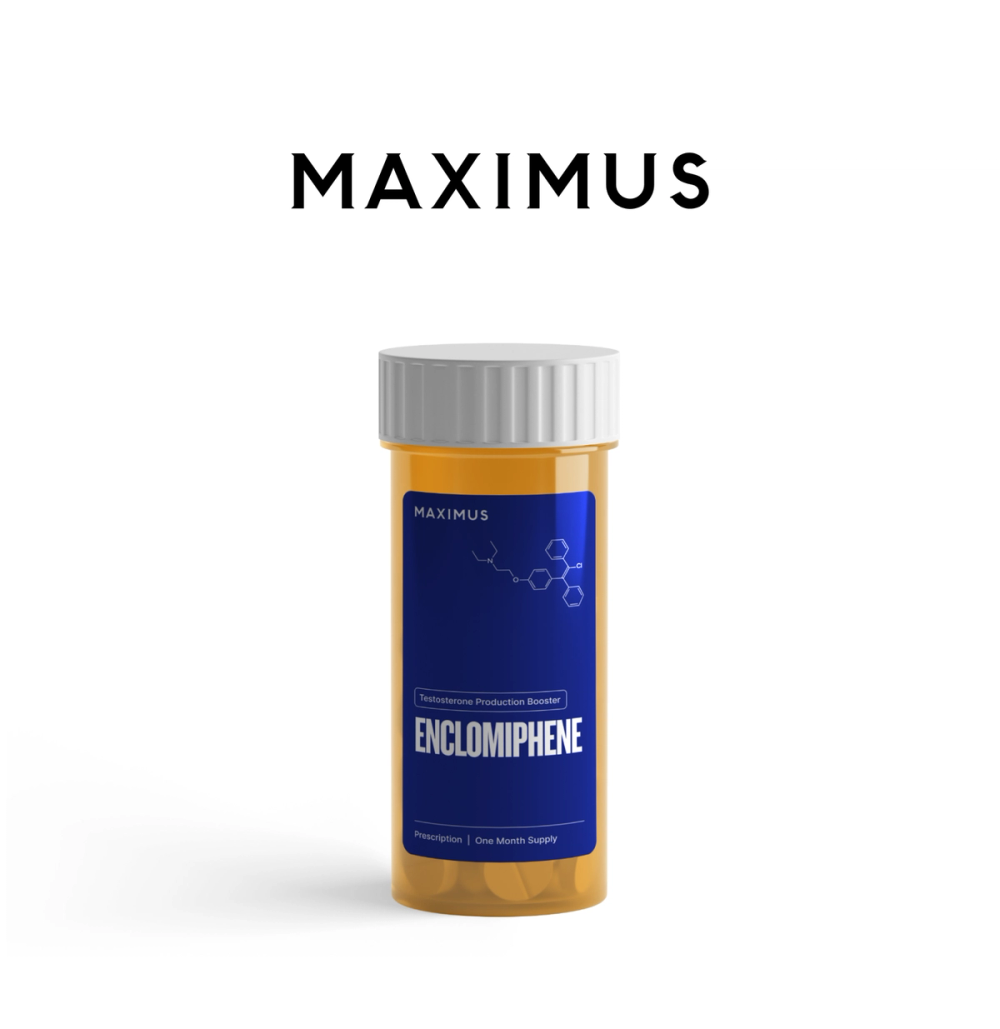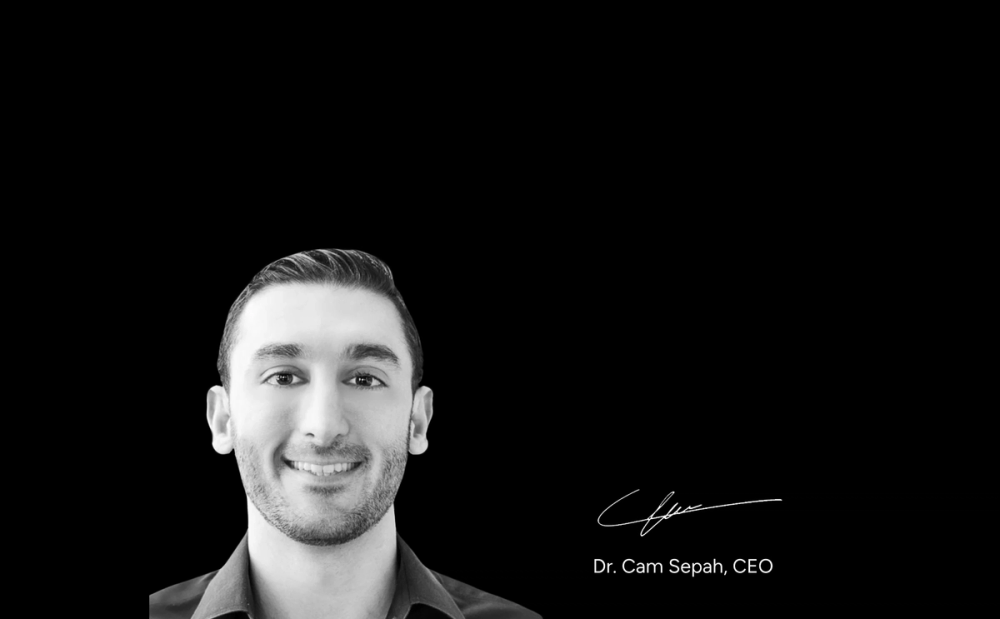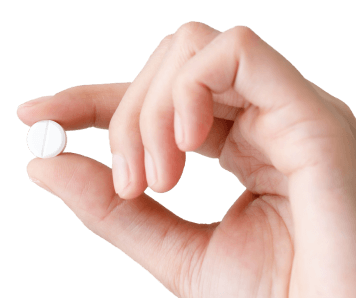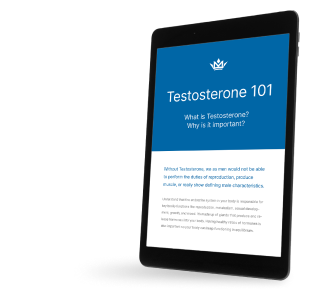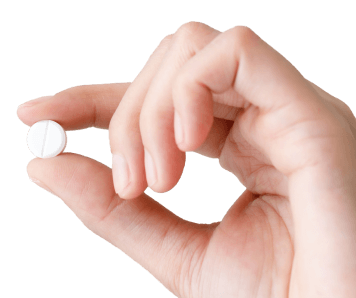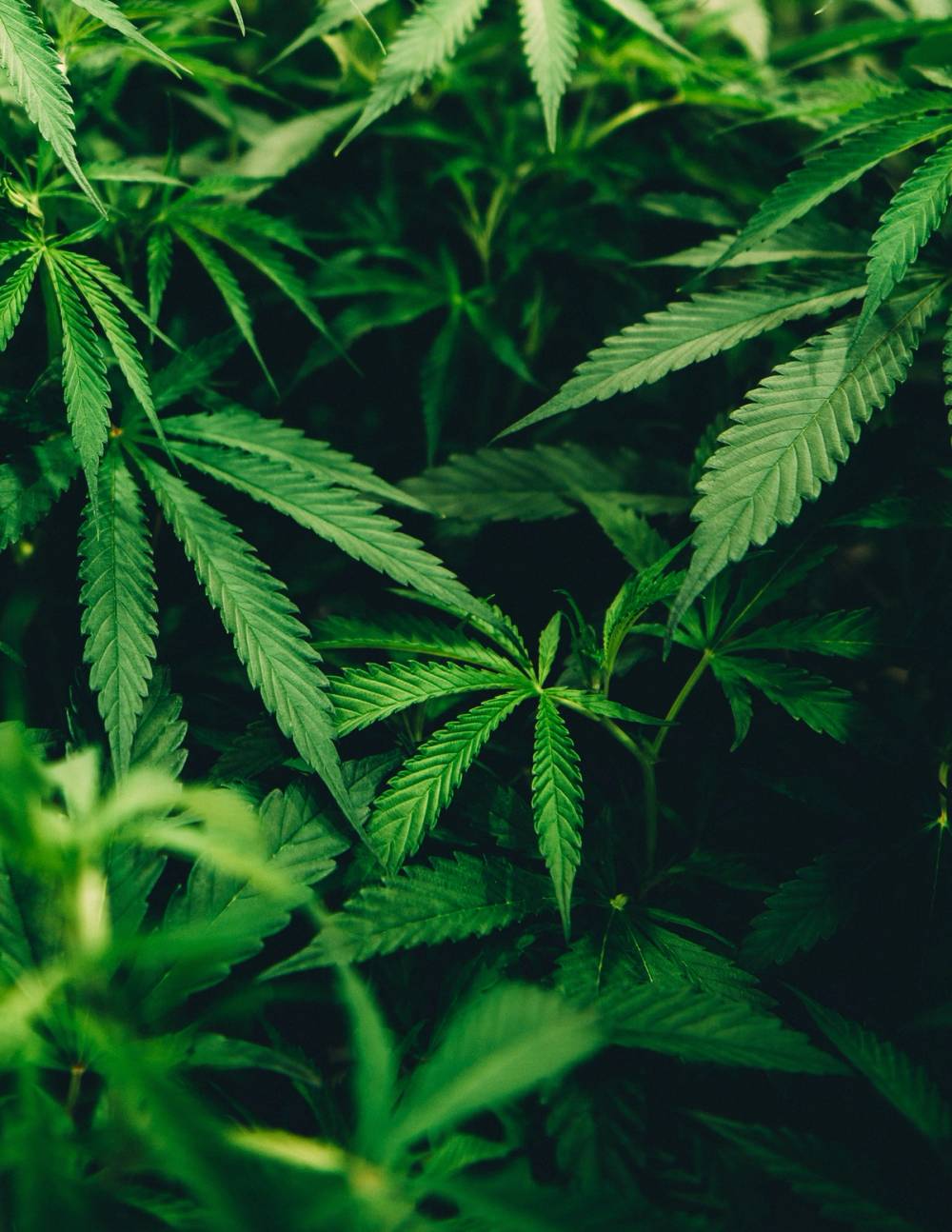For many, the allure of cannabis as a natural sleep aid is tempting. But when we delve into the science, what do we find?
First, let’s understand how cannabis works. Cannabis contains compounds called cannabinoids like THC (tetrahydrocannabinol)l and CBD (cannabidiol), which are known to interact with our brain's cannabinoid receptors.
These receptors regulate neural signals within the body’s endocannabinoid system, which affects many important functions like learning and memory and anxiety. When cannabinoids bind to these receptors, the brain may respond by inducing feelings of sleepiness, hunger, or even mood. Sounds like a recipe for a good night's sleep, right? Well, not so fast.
A recent review of more than 100 studies paints a more nuanced picture, suggesting limited evidence of the benefits of cannabis for most people.
This leaves us wondering: How does cannabis actually affect our sleep?
Cannabis’s Influence on Sleep’s Stages
Sleep is more than just a passive state of rest. It's a dynamic process with distinct stages, and each plays a pivotal role in our overall health. Let's break it down:
The Stages of Sleep:
NREM (Non-Rapid Eye Movement) Sleep: This is the initial phase of our sleep cycle and can be further divided into three stages, each of which takes you into a progressively deeper stage of sleep:
- N1 (Stage 1): A light sleep where you can be easily awakened and only lasts for a few minutes.
- N2 (Stage 2): A deeper sleep characterized by your heart rate and body temperature dropping.
- N3 (Stage 3): The deepest NREM sleep stage, when the body repairs tissues, builds muscles and bones, and strengthens the immune system.
REM (Rapid Eye Movement) Sleep: This stage is where most of our dreaming occurs. When someone is in REM sleep, their brain activity looks similar to their brain activity when awake.
Throughout the night, our body cycles between NREM and REM sleep, with each cycle lasting about 90 minutes. While the exact reason for this cycling remains a topic of research, we know that disruptions to this pattern can lead to sleep disorders.
Cannabis and Sleep:
While countless people are lighting up and dozing off, swearing by its sleep-inducing effects, researchers have been digging in to figure out the true impact of cannabis on sleep cycles. With a clearer understanding of the basics of sleep, let’s see how cannabis fits into the picture.
Sleep duration: Cannabis can alter how long we sleep. A study found that adults who consumed marijuana for 20 or more days in a month were 64% more likely to sleep less than six hours and 76% more likely to sleep over nine hours. The Centers for Disease Control and Prevention (CDC) recommends adults get somewhere between 7 and 9 hours of sleep each night, so it isn’t exactly ideal if cannabis use pushes people’s total sleep above or below this recommendation.
REM sleep: In a study when participants used cannabis high in THC, they had more deep NREM sleep (N3) but less REM sleep. The next day, when they didn't use cannabis, their REM sleep increased. This increase, known as REM rebound, is the body's way of catching up on missed REM sleep. Importantly, REM rebound often occurs due to sleep deprivation or stress.
Some Hidden Costs of Cannabis-Induced Sleep
The real cost of sleep loss: Sure, men like David Goggins or Jocko Willink might wear their sleepless nights like a medal of toughness, but science doesn't care about your medals. When you skimp on sleep, you're really just shortchanging yourself. Initially, you're looking at consequences like increased stress, mood swings, and cognitive decline. Over time, you're opening the door to more and more health problems, like hypertension, weight issues, and even diabetes. A lack of sleep can even lead to a decrease in testosterone levels.
Is CBD any better? While THC often gets the side-eye, many hope CBD is the sleep-enhancing hero. However, the research showing CBD helps with sleep quality is limited
Lack of consistency: Cannabis is not a standardized pharmaceutical. Accurate dosing is tricky and there’s no set amount that’s scientifically proven to help with sleep. Different strains, concentrates, and edibles come with varying potencies, so it can be hard to find a similar dose from one product to the next.
Navigating the gray areas: Despite its accessibility in some regions, cannabis remains federally illegal. This federal status not only complicates research efforts but also raises concerns about product consistency and safety. The unregulated nature of the cannabis market can result in products with synthetic cannabinoids or that are contaminated with harmful chemicals. For instance, some cannabis products have been found to contain heavy metals like cadmium, lead, magnesium, copper, and mercury. In a study examining 94 cannabis samples, half were found to contain up to three different synthetic cannabinoids. These synthetic compounds can introduce additional health risks, including an increased risk of psychosis.
A Better Alternative
Before turning to cannabis for sleep, it's worth exploring evidence-backed alternatives.
Cognitive behavioral therapy, or CBT, is a type of therapy that targets specific behaviors, emotional responses, and ways of thinking. It helps people recognize and understand their thoughts, and how these thoughts influence their actions. For insomnia, CBT is effective in increasing sleep duration and decreasing the time it takes to fall asleep. But unlike cannabis or some medications where the side effects are many, CBT for sleep carries little risk.
Takeaways
After combing through the nitty-gritty, here’s what stands out:
Cannabis & sleep: While many view cannabis as a natural sleep aid, the science offers a more nuanced perspective. It can stretch or shrink your sleep, and the phenomenon of REM rebound suggests it's not always a straightforward solution.
The complexity of sleep: It's not just about closing your eyes. Sleep is a mix of light dozing and deep dreaming. Mess with the rhythm, and you're in trouble.
Tough guy sleeplessness: While some might downplay the need for sleep, consistently missing out can have tangible consequences, both mentally and physically.
CBD & cannabis: THC often gets the spotlight, but CBD's role in sleep isn't crystal clear either. And with cannabis, the challenge is in the dosing and the potential variability of what you're actually getting.
CBT, a structured approach: Before turning to cannabis for better sleep, consider the benefits of CBT. It's a methodical approach to improving sleep, offering benefits without the potential pitfalls of other interventions.
Disclaimer: The contents of this article, including, but not limited to, text, graphics, images, and other information, is for information purposes only and does not constitute medical advice. The information contained herein is not a substitute for and should never be relied upon for professional medical advice. The content is not meant to be complete or exhaustive or to be applicable to any specific individual's medical condition. You should consult a licensed healthcare professional before starting any health protocol and seek the advice of your physician or other medical professional if you have questions or concerns about a medical condition. Always talk to your doctor about the risks and benefits of any treatment. Never disregard or delay seeking professional medical advice or treatment because of something you have read on this site. Maximus does not recommend, endorse, or make any representation about the efficacy, appropriateness, or suitability of any specific test, products, procedures, treatments, services, opinions, healthcare providers or other information contained herein. Maximus is not responsible for, nor will they bear any liability for, the content provided herein or any actions or outcomes resulting from or related to its use.
